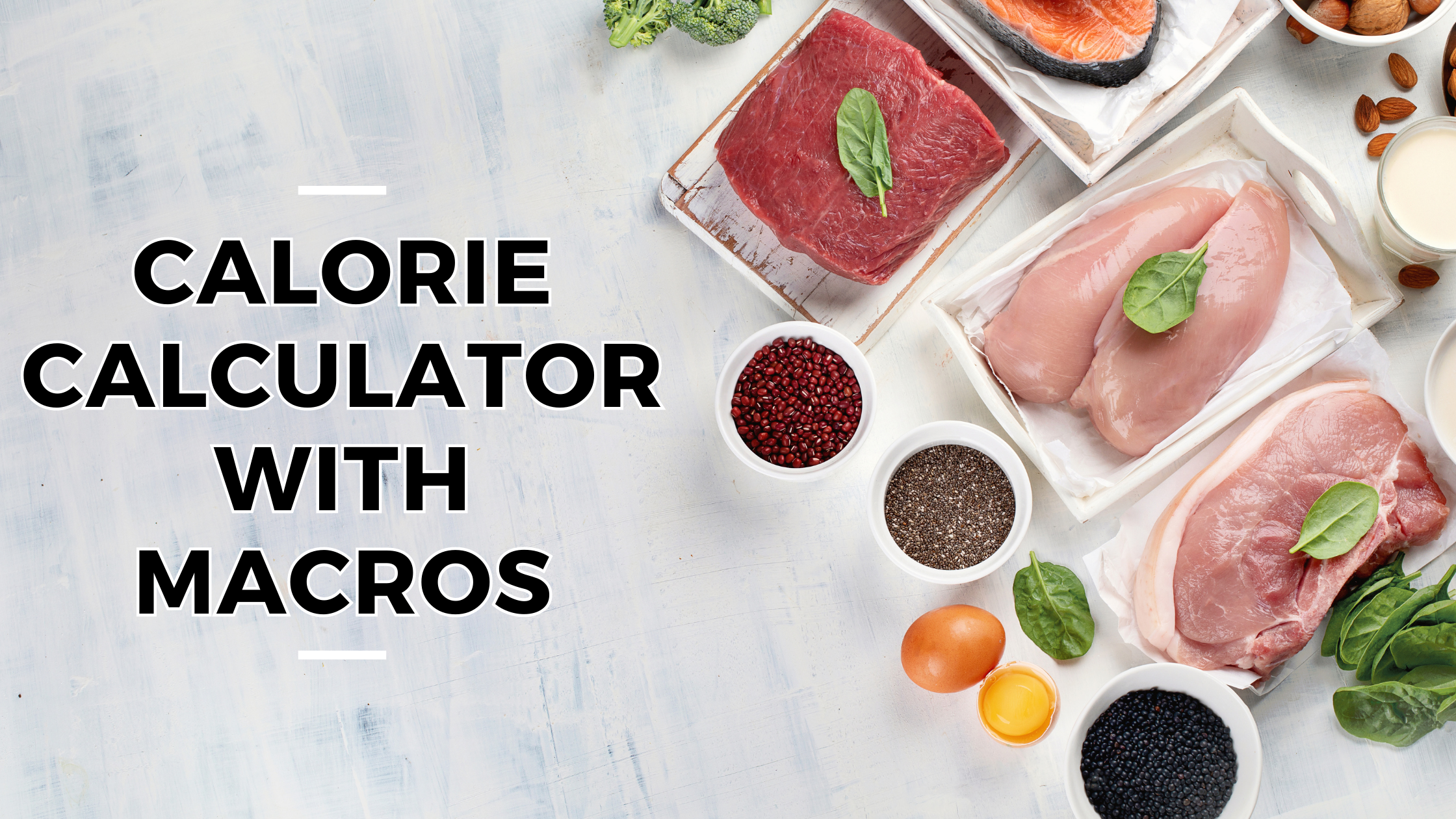
Welcome to the Calorie Calculator! This handy tool helps you determine the optimal daily calorie intake for your specific goals. Whether you're aiming to lose body fat, maintain your current weight, or gain muscle, this calculator provides personalized results based on your bodyweight and activity level. Additionally, it breaks down the recommended macronutrient distribution, highlighting protein, fat, and carbohydrate targets. Simply input your bodyweight in kilograms and select your activity level, and let the calculator do the rest. Take control of your nutrition and make informed decisions about your calorie consumption with the help of the Calorie Calculator.

Calorie Counter with Macronutrients
(Protein, Carbs & Fat)
Calorie Calculator
Results:
Lose Weight:
Calories:
Protein: grams
Fat: grams
Carbohydrates: grams
Maintain Weight:
Calories:
Protein: grams
Fat: grams
Carbohydrates: grams
Gain Muscle:
Calories:
Protein: grams
Fat: grams
Carbohydrates: grams
The calorie calculator utilizes the Mifflin-St Jeor equation, a widely recognized method for estimating calorie needs. It factors in bodyweight and activity level to determine calorie maintenance, which is the number of calories required to maintain current weight. The protein intake recommendation of 2.2 grams per kilogram of bodyweight is based on the general guideline for muscle gain. The fat intake is set to 25% of total calories, while the remaining calories are allocated to carbohydrates. These macronutrient breakdowns are commonly recommended in the field of nutrition. While this calculator provides estimates, it's essential to consult with a qualified professional for personalized advice based on individual circumstances and goals.
References:
Mifflin, M. D., St Jeor, S. T., Hill, L. A., Scott, B. J., Daugherty, S. A., & Koh, Y. O. (1990). A new predictive equation for resting energy expenditure in healthy individuals. The American Journal of Clinical Nutrition, 51(2), 241-247.
Phillips, S. M., & Van Loon, L. J. (2011). Dietary protein for athletes: from requirements to metabolic advantage. Applied Physiology, Nutrition, and Metabolism, 37(2), 67-76.
Institute of Medicine (US) Panel on Macronutrients; Subcommittees on Upper Reference Levels of Nutrients and Interpretation and Uses of Dietary Reference Intakes; Standing Committee on the Scientific Evaluation of Dietary Reference Intakes. (2005). Dietary Reference Intakes for Energy, Carbohydrate, Fiber, Fat, Fatty Acids, Cholesterol, Protein, and Amino Acids. National Academies Press (US)
Disclaimer: The calorie calculator provided here is intended for informational purposes only. The calculated results are based on general formulas and may not account for individual variations. The values obtained should not be considered as professional medical or dietary advice. For personalized nutrition guidance, it is recommended to consult with a registered dietitian, nutritionist, or healthcare professional who can assess your specific needs, goals, and any medical conditions you may have.
